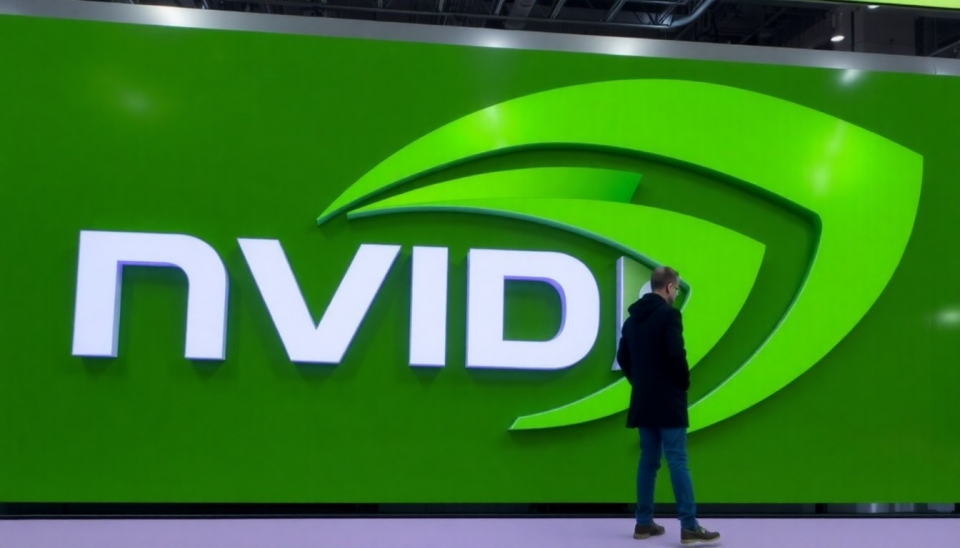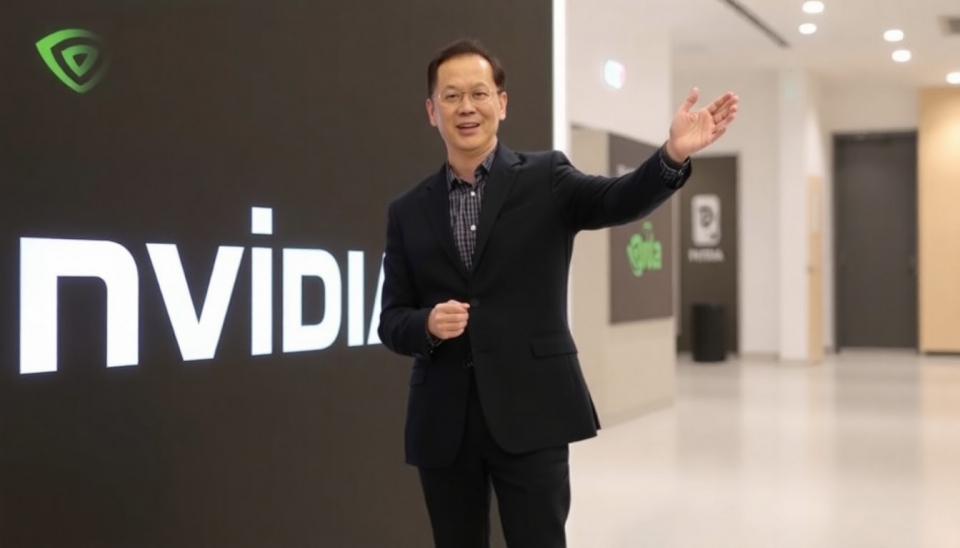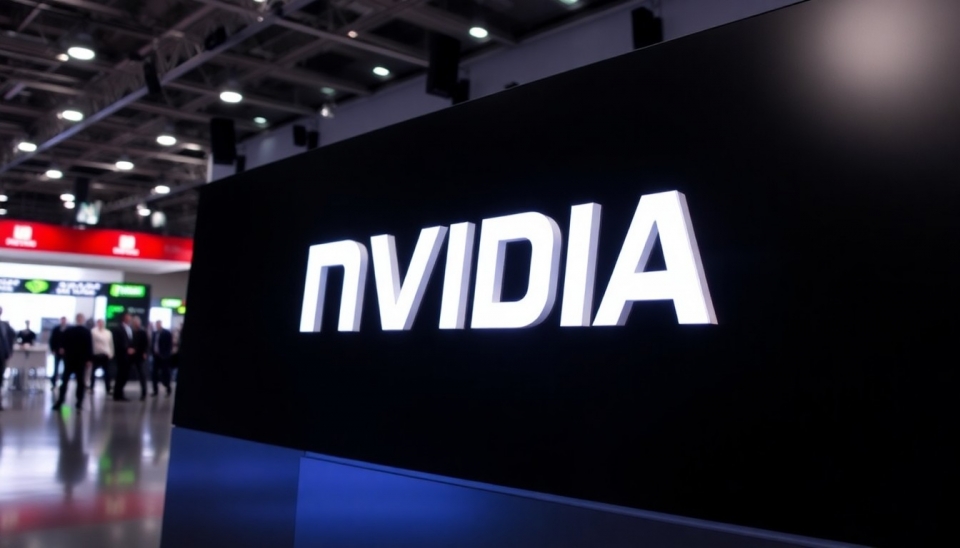
Recently, for instance, NVIDIA CEO Jensen Huang praised nuclear power's prospects to meet high voltage demand from data centers. Keeping in mind the growth in AI and machine learning workloads that will be nothing short of astronomical, energy-efficient and sustainable sources are highly needed at this moment.
As Nvidia navigates this growing demand, Huang underscored the need to consider other energy approaches, including nuclear. He indicated that traditional forms of energy do not scale to meet the exponential energy use now required by today's data centers, which power everything from virtual meetings to AI development. Huang's comments reflect a changing mindset of how tech giants are approaching their energy plans in light of increased environmental awareness and constrained energy supplies.
Nuclear is often stigmatized due to various incidents that occurred in the past and public perception, but it presents a capable output option with lower carbon emissions than conventional fossil fuels. Huang's endorsement signals the potential pivot towards integrating nuclear power into the tech landscape, if only to offer a glimpse of how the infrastructure in the future might evolve to support burgeoning technological advancements.
This development has come when the tech industry faces growing scrutiny over its environmental impact. Being an industry leader, proactive consideration of nuclear power by NVIDIA might set the right example for others. This could reduce carbon emissions significantly in data centers, probably by turning towards nuclear energy, hence improving their sustainability and operational efficiency.
While this move towards nuclear is fraught with regulatory, safety, and public perception challenges, Huang's comments are a significant recognition of the need to diversify energy sources. It also opens up discussions around investing in next-generation nuclear technologies, such as small modular reactors, which promise enhanced safety and flexibility.
But this positioning by NVIDIA might hasten the movement of the technology industry toward cleaner energy solutions, building on innovations and venture capital investments in nuclear technology. Driven by near-term demands to power data centers and into broader corporate environmental objectives that reduce carbon emissions globally, this strategic approach serves many purposes.
In that sense, the discourse has started to shift towards energy solutions themselves, and Huang's insight may catalyze other technology leaders to reassess their dependencies on energy sources and overall sustainability strategies-a potential opening salvo in a whole new era of clean energy adoption across the technology industry.
Any potential move by NVIDIA into nuclear will have wide-sweeping ramifications in policymaking, industrial standards, and public perception. Keeping all eyes on this still-developing story, everybody waits for not only the next plays by NVIDIA but also its response from an even greater industry interest across the technology ecosystem and beyond.
The conversation engendered by Jensen Huang has only just begun, and it is yet to be seen how NVIDIA and fellow tech companies will navigate this complicated landscape that is energy innovation.
Where the chips fall is almost beside the point: the discussion of powering data centers is unmistakably entering a new and perhaps transformative phase, with nuclear power at the forefront of one of several coming solutions.
Stay tuned for further updates on how this evolving story continues to shape up in the future of tech and energy.
#NVIDIA #JensenHuang #NuclearEnergy #DataCenters #EnergySolutions #Sustainability #TechIndustry #CleanEnergy #AI #MachineLearning #SmallModularReactors
Author: Emily Collins




